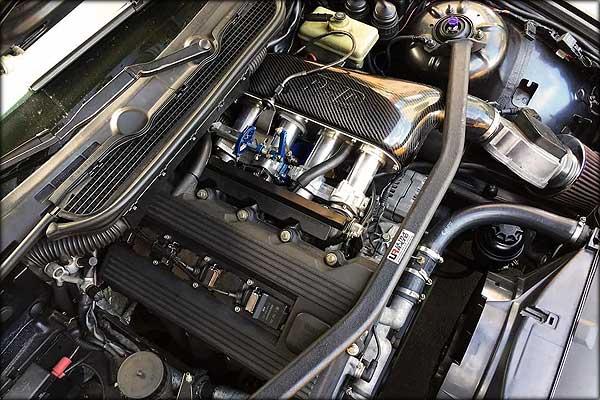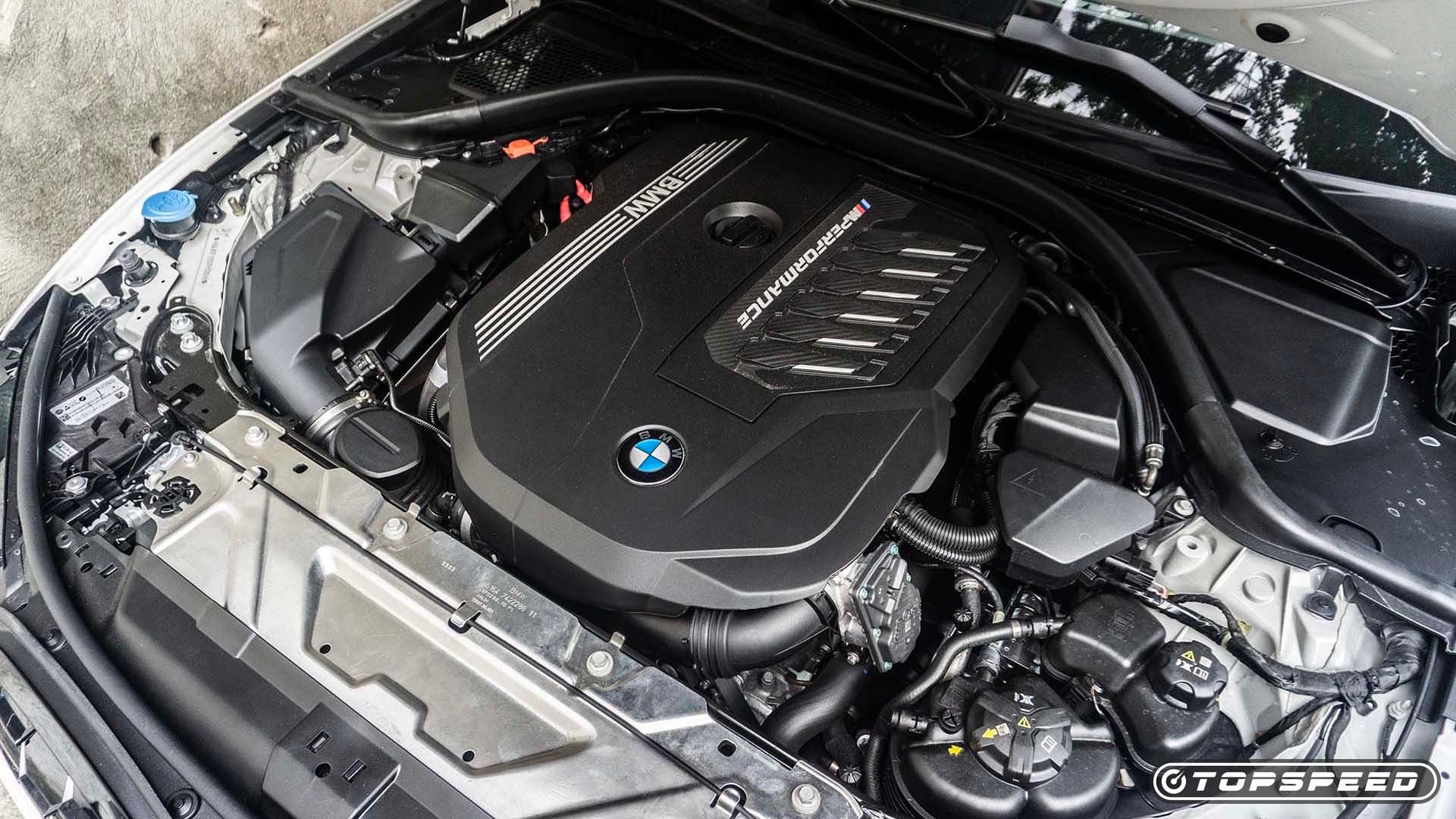Common Issues Faced by BMW Engine Owners and How to Resolve Them
Introducing the Intricacies of Next-Generation Power Units: a Deep Study Advanced Engine Layouts and Technologies
As we stand on the precipice of a brand-new era in transportation, the ins and outs of next-generation engine designs bid us to check out the sophisticated modern technologies and technologies that guarantee to redefine the driving experience. Delving much deeper into the worlds of emission control, intelligent engine monitoring systems, and the horizon of power system growth, we locate ourselves on the cusp of a change that assures to reshape the landscape of wheelchair as we know it.
Development of Engine Products

The shift towards advanced engine products has also allowed designers to design engines with higher power outcomes while keeping gas efficiency standards. For instance, using lightweight materials lowers the overall weight of the engine, leading to improved gas economic climate and lower emissions. In addition, developments in materials technology have permitted far better thermal monitoring within engines, causing raised integrity and durability.
Turbocharging and Supercharging Technologies
Just How do Turbocharging and Supercharging Technologies reinvent engine performance and efficiency in contemporary cars? Turbocharging and supercharging are innovations that considerably enhance engine efficiency by enhancing the amount of air consumption into the burning chamber. Turbocharging accomplishes this by utilizing a wind turbine driven by exhaust gases to pressurize the intake air, while turbo charging utilizes a belt- or chain-driven compressor to achieve the very same impact.
These technologies make it possible for smaller, more fuel-efficient engines to generate power comparable to larger ones, recognized as downsizing. By requiring more air right into the cylinders, turbocharging and supercharging boost burning effectiveness, causing enhanced horse power and torque outcome without a substantial boost in engine dimension. This leads to better velocity, towing capacity, and overall driving performance.
Moreover, supercharging and turbocharging add to boosted fuel performance by enabling the use of smaller engines that eat much less gas under typical driving conditions - bmw engine. This mix of improved performance and effectiveness has actually made turbocharging and supercharging integral components of lots of contemporary engine layouts
Discharge Control and Environmental Influence
With increasing global issues pertaining to air top quality and environmental sustainability, the implementation of discharge control innovations in automobiles plays an essential function in lowering unsafe pollutants released into the atmosphere. Modern cars are geared up with advanced discharge control systems that aid minimize the environmental impact of vehicle procedures. Catalytic converters, as an example, are made to convert toxic gases such as carbon monoxide, nitrogen oxides, and hydrocarbons right into much less dangerous substances like co2 and water vapor.
Furthermore, improvements in engine modern technology, such as the integration of exhaust gas recirculation systems and discerning catalytic reduction, have substantially added to reducing discharges. These technologies operate in tandem to maximize burning performance and lessen the release of damaging pollutants into the air. In addition, the advancement of hybrid go to the website and electric vehicles stands for a critical action in the direction of minimizing the general ecological impact of the transport industry.
Intelligent Engine Management Equipment

Moreover, these systems allow automobiles to meet rigorous discharges criteria without jeopardizing efficiency, offering an extra eco-friendly driving experience. The integration of expert system and maker learning abilities in engine management systems remains to press the boundaries of what is feasible, bring about additional renovations in efficiency, dependability, and total car efficiency. bmw engine. As vehicle technology breakthroughs, intelligent engine monitoring systems will play an important function fit the future of transport in the direction of a much more sustainable and effective instructions
Future Trends in Power Unit Advancement
As intelligent engine management systems lead the method for boosted control and optimization in contemporary vehicles, future patterns in power device advancement are positioned to redefine the landscape of automotive propulsion innovations. One of the essential patterns driving technology in power unit advancement is the change towards electrification. With an enhancing emphasis on sustainability and lowering carbon emissions, hybrid and electric powertrains are ending up being much more widespread in the automotive industry. These alternative source of power provide enhanced performance and efficiency while straightening with stringent environmental laws.
Another substantial fad is the combination of sophisticated materials and making methods. Lightweight materials such as carbon fiber and light weight aluminum are being used to decrease overall lorry weight, improving fuel performance and efficiency. Additionally, improvements in 3D printing and additive manufacturing are making it possible for the manufacturing of complex engine parts with greater precision and resilience.
Furthermore, expert system and device understanding are playing a crucial duty in optimizing power device performance. These technologies enable for real-time monitoring and flexible control, resulting in more reliable and reliable power delivery. On the whole, future trends in power device development are tailored towards sustainability, performance, and performance, driving the automobile sector towards a brand-new era of propulsion modern technologies.

Conclusion
In conclusion, the advancements in engine materials, turbocharging, discharge control, and smart management systems have paved the method for next-generation power devices. The complex designs and developments in contemporary engines display the recurring evolution of automotive innovation.
Checking out the modern improvements in engine products has actually been crucial in enhancing the performance and efficiency of modern engines. Over the years, the evolution of engine materials has important link played an click here now important function in pressing the limits of what engines can accomplish.The change towards advanced engine materials has also enabled engineers to design engines with higher power results while keeping gas performance criteria.The implementation of intelligent engine administration systems in modern-day lorries has actually changed the means engines are managed and enhanced for performance and efficiency. By collecting information in real-time and examining it with advanced algorithms, intelligent engine monitoring systems can adjust to driving styles, ecological variables, and engine health and wellness to maximize power result while lessening fuel consumption and exhausts.